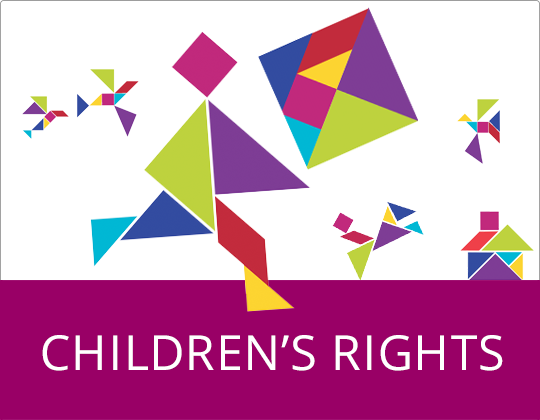Child-friendly healthcare

As a response to that challenge, the Committee of Ministers of the Council of Europe adopted in 2011 the Guidelines on child-friendly health care. These Guidelines place children’s rights, needs and resources at the centre of health care activities, taking into account children’s opinions and evolving capacities. Creating alignment and synergy between interventions, organisations and individuals is crucial to an efficient child-centred health care. This implies the adoption of an integrated and multi-disciplinary approach, sometimes referred to as a “continuum of care”.
In a nutshell, the goal of the child-friendly health care approach is to embed children’s rights in the health care system to ensure that the right things happen, to the right children, at the right time, in the right place, and using the right staff having the right support, to achieve the right outcomes, all at the right cost.
Newly published brochure on the Guidelines of the Committee of Ministers of the Council of Europe on child-friendly health care and Complete texts including the Declaration issued at the 9th Council of Europe Conference of Health Ministers, Lisbon, 29-30 September 2011



